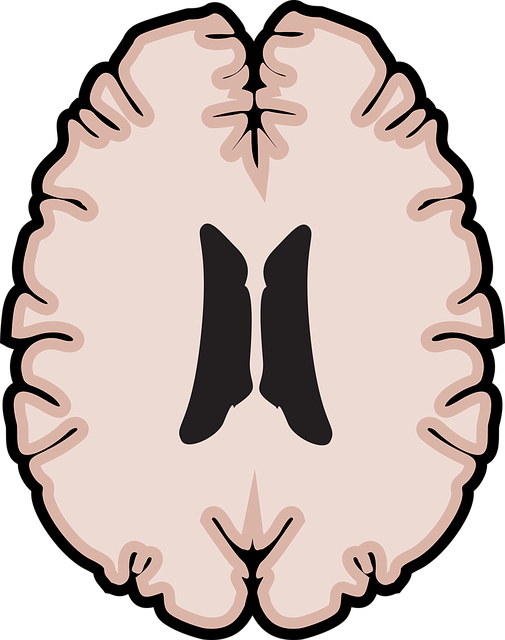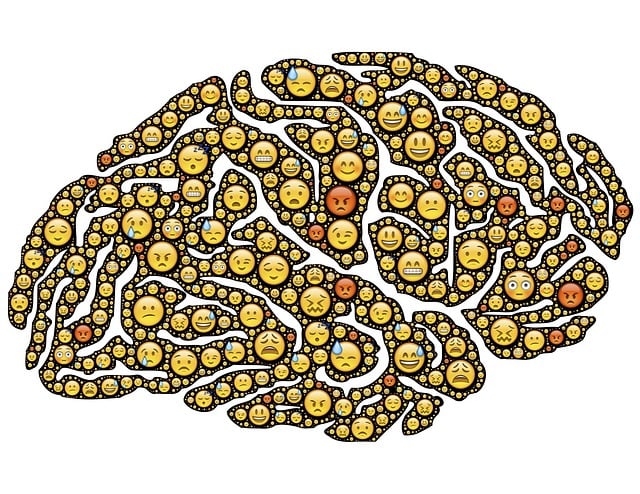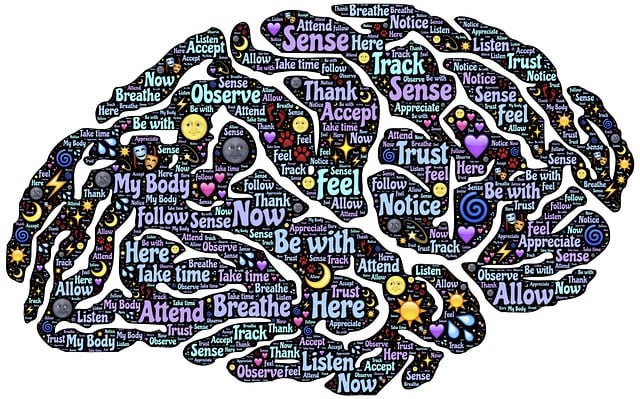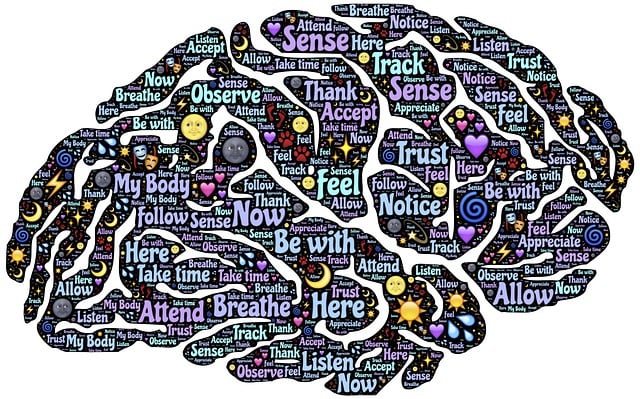Lakewood Russian Speaking Therapy offers a holistic, culturally sensitive approach to mental illness diagnosis and treatment. By addressing language barriers, promoting self-care routines, and integrating evidence-based practices, they enhance diagnostic accuracy and personalize care for Russia-speaking communities. Early intervention through education and accessible programs, like depression prevention and stress management, aims to improve mental health outcomes and build resilience within these diverse linguistic backgrounds.
Mental illness diagnosis accuracy is a critical aspect of patient care, yet it remains a complex challenge. This article explores efforts to enhance diagnostic precision, focusing on cultural considerations and evidence-based practices. We delve into specific strategies like Lakewood Russian Speaking Therapy, which bridges cultural gaps, and highlight early intervention techniques. Additionally, we discuss the importance of professional training in equipping clinicians with the skills needed for accurate diagnoses.
- Understanding the Challenge: The Complexity of Mental Illness Diagnosis
- Lakewood Russian Speaking Therapy: A Cultural Bridge to Improved Accuracy
- Evidence-Based Practices for Enhancing Diagnostic Clarity
- Early Intervention and Prevention Strategies for Accurate Diagnoses
- Professional Training and Education: Equipping Clinicians for Success
Understanding the Challenge: The Complexity of Mental Illness Diagnosis

Mental illness diagnosis is a complex process due to the multifaceted nature of human emotions and behaviors. What might be indicative of one condition in one person could mirror another disorder in someone else. This complexity stems from various factors, including environmental influences, genetics, and the intricate interplay between biological, psychological, and social aspects of an individual’s life. For instance, a person experiencing anxiety could present similar symptoms to someone with depression, making accurate differentiation challenging.
At Lakewood Russian Speaking Therapy, we recognize these challenges. We believe that improving diagnosis accuracy requires a holistic approach. Encouraging clients to develop a robust self-care routine for better mental health can aid in emotional regulation and enhance communication strategies. By integrating such practices into their lives, individuals may better understand their experiences, facilitating more precise diagnoses and effective treatment plans.
Lakewood Russian Speaking Therapy: A Cultural Bridge to Improved Accuracy

In efforts to enhance mental illness diagnosis accuracy, Lakewood Russian Speaking Therapy emerges as a significant cultural bridge. Serving a diverse community with a shared linguistic background, this therapeutic approach overcomes language barriers that can impede effective communication between patients and healthcare providers. By offering services in Russian, therapists foster an environment of trust and understanding, enabling more nuanced assessments and personalized treatment plans.
Integrating techniques like Social Skills Training, Compassion Cultivation Practices, and Depression Prevention, Lakewood Russian Speaking Therapy ensures a holistic approach to care. This not only improves diagnostic accuracy but also strengthens patient outcomes by addressing cultural nuances and enhancing therapeutic relationships. Through these efforts, the therapy model promotes mental health awareness and accessibility within the Russian-speaking community.
Evidence-Based Practices for Enhancing Diagnostic Clarity

In the pursuit of enhancing mental illness diagnosis accuracy, evidence-based practices play a pivotal role in clarifying diagnostic processes. Lakewood Russian Speaking Therapy, for instance, has emerged as a valuable approach, offering culturally sensitive evaluations that cater to diverse patient populations. By integrating comprehensive risk assessments, mental health professionals can more effectively identify nuanced symptoms and contextual factors that may impact diagnoses. This proactive measure is crucial, considering the potential for misdiagnosis, especially in cases where cultural barriers or complex presentations obscure clear-cut indicators.
Moreover, incorporating compassion cultivation practices and stress reduction methods into diagnostic routines can significantly improve patient-therapist relationships. Such techniques foster a supportive environment, encouraging open communication and enhanced self-awareness among patients. This not only facilitates more accurate assessments but also promotes a deeper understanding of the individual’s mental health landscape, ultimately leading to tailored interventions that address specific needs with greater precision.
Early Intervention and Prevention Strategies for Accurate Diagnoses

Early intervention is a cornerstone of accurate mental illness diagnoses. By implementing strategies that focus on prevention and early detection, healthcare providers can significantly improve outcomes for individuals struggling with conditions like depression and anxiety. This involves educating communities, especially those with diverse linguistic backgrounds such as the Lakewood Russian-speaking community, about the signs and symptoms of common mental health disorders. Raising awareness through accessible programs and resources empowers people to recognize when they or their loved ones need support.
Additionally, promoting stress management techniques and emotional regulation skills can serve as a proactive measure. Teaching individuals effective coping mechanisms and providing them with tools for navigating life’s challenges can help prevent the escalation of symptoms. For example, Lakewood Russian-speaking therapy services that emphasize Depression Prevention, Stress Management, and Emotional Regulation can play a vital role in building resilience and fostering healthier minds within the community.
Professional Training and Education: Equipping Clinicians for Success

Mental health professionals play a pivotal role in diagnosing and treating mental illnesses accurately. To ensure they are equipped for this challenging task, continuous education and training are essential. Programs focused on advancing clinicians’ skills can significantly enhance diagnosis accuracy. These initiatives may include workshops on recognizing subtle symptoms, especially in diverse populations like the Russian-speaking community in Lakewood, where cultural nuances can influence presentation.
By investing in professional development, therapists can improve their understanding of complex conditions, learn evidence-based practices such as compassion cultivation techniques and positive thinking strategies, and ultimately provide more effective care. This approach not only benefits individuals seeking therapy but also contributes to better mental health outcomes on a community level.
In light of the above discussions, it’s evident that improving mental illness diagnosis accuracy requires a multifaceted approach. From understanding the complexity of mental health conditions to implementing evidence-based practices and enhancing cultural competency through initiatives like Lakewood Russian Speaking Therapy, each strategy plays a crucial role. Early intervention and robust professional training further solidify these efforts. By combining these elements, we can ensure more accurate diagnoses and better support for individuals navigating their mental health journeys.














